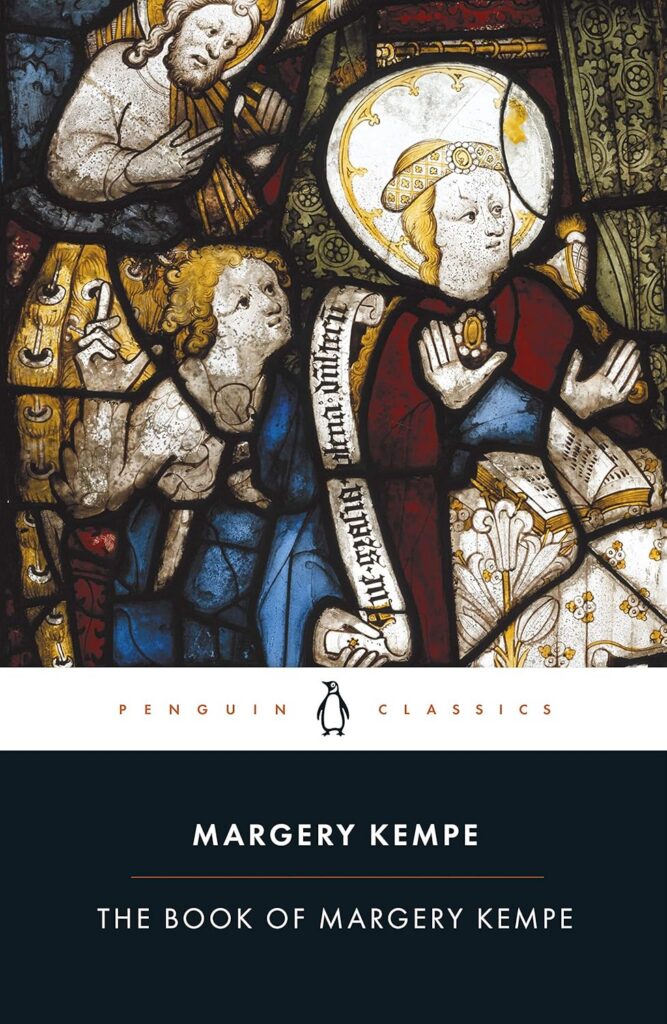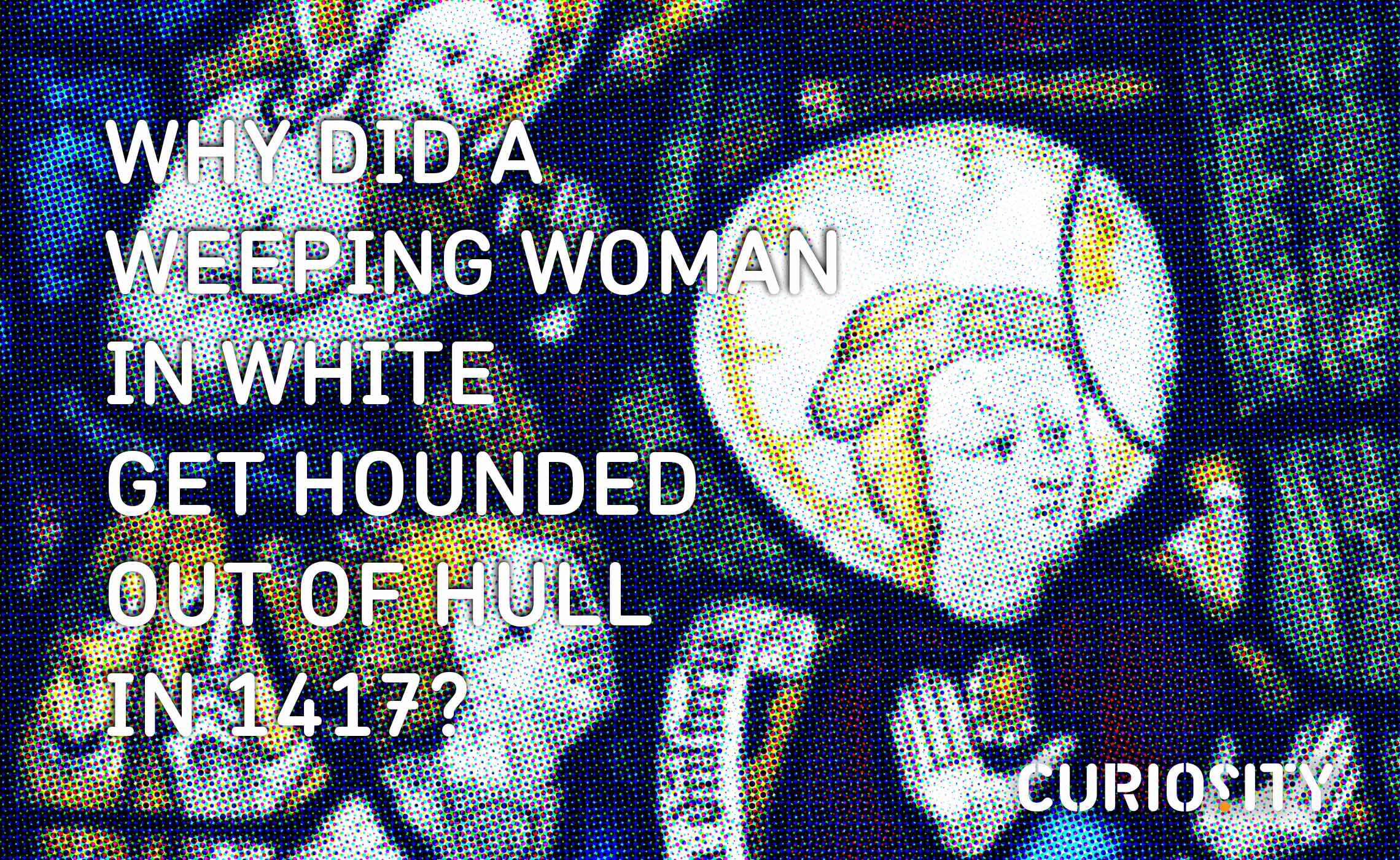This is exactly the sort of mystery our lachrymose females correspondent loves to get his teeth into.

Picture the scene. A woman wearing a white hair shirt arrives in Medieval Hull having travelled on horseback from a visit to Bridlington Priory accompanied by a member of the Archbishop of York’s court. She’s prone to constant weeping, sobbing and crying out loud while begging Christ for mercy. Occasionally, she writhes around flinging her arms in the air and says she can smell things no-one else can.
As a crowd gathers, she starts telling those present about her visions of Jesus Christ, Mary Magdalene and God himself as well as demons and the Devil. Some of the visions, she says, include herself being present at the birth and crucifixion of Jesus Christ. The woman in question is Margery Kempe, a religious mystic who is credited with the first known autobiography written in the English language.
The Book of Margery Kempe tells the story of her spiritual life and details her pilgrimages around Europe and the Holy Land, including her visit to Hull in 1417. Written by an unknown hand from her dictation (she could not write herself), the manuscript was lost for centuries before being discovered in 1934 in a private library collection. It has since been reprinted and translated in numerous editions and has been studied extensively by academics specialising in medieval history.
In her book, an unidentified “good man” provides overnight accommodation in Hull but by the morning “malicious people” were calling for her removal from the town on the ground that she was “not a good woman”. Elsewhere, Margery had been tried for heresy – known as Lollardy – but never convicted. Many claimed that by wearing white, she was trying to fraudulently pass herself as a nun.

Her host decided it was best she leave before things got nasty so she headed for Hessle Haven with the intention of taking the ferry across the Humber to continue her journey south. However, at the Haven she was arrested by two soldiers employed by the Duke of Bedford who accused her of being “the greatest Lollard in all this country”. Margery and her companion were taken to Hessle where another crowd had gathered. Some started hurling abuse at her, others called for her to be burned at the stake for blasphemy.
The pair were escorted to Beverley where Margery was given “an honest bed” in the home of one of the soldiers but had her purse and jewellery confiscated before being locked in her room. Her companion was put in the town’s prison. In her room, she experienced a vision of Christ who told her to “fear nothing that any man can say to thee”. The next day in a hearing chaired by the Archbishop of York various priests accused her of “depraving men” with “much ill language”.
Fortunately for Margery, the Archbishop allowed her to leave without any further punishment and ensured her safe passage back to Hessle to catch the ferry. She would never return to East Yorkshire again.
Angus Young
